Black holes were once thought not to have pressure, but a new set of quantum calculations has found that they may have some at their edges, which was completely unexpected.




Black holes are regions of space-time with huge amounts of gravity. Scientists originally thought that nothing could escape the boundaries of these massive objects, including light.
The precise nature of black holes has been challenged ever since Albert Einstein’s general theory of relativity gave rise to the possibility of their existence. Among the most famous findings was English physicist Stephen Hawking’s prediction that some particles are actually emitted at the edge of a black hole.
Physicists have also explored the workings of vacuums. In the early 1970s, as Hawking was describing how light can escape a black hole’s gravitational pull, Canadian physicist William Unruh proposed that a photodetector accelerated fast enough could “see” light in a vacuum.
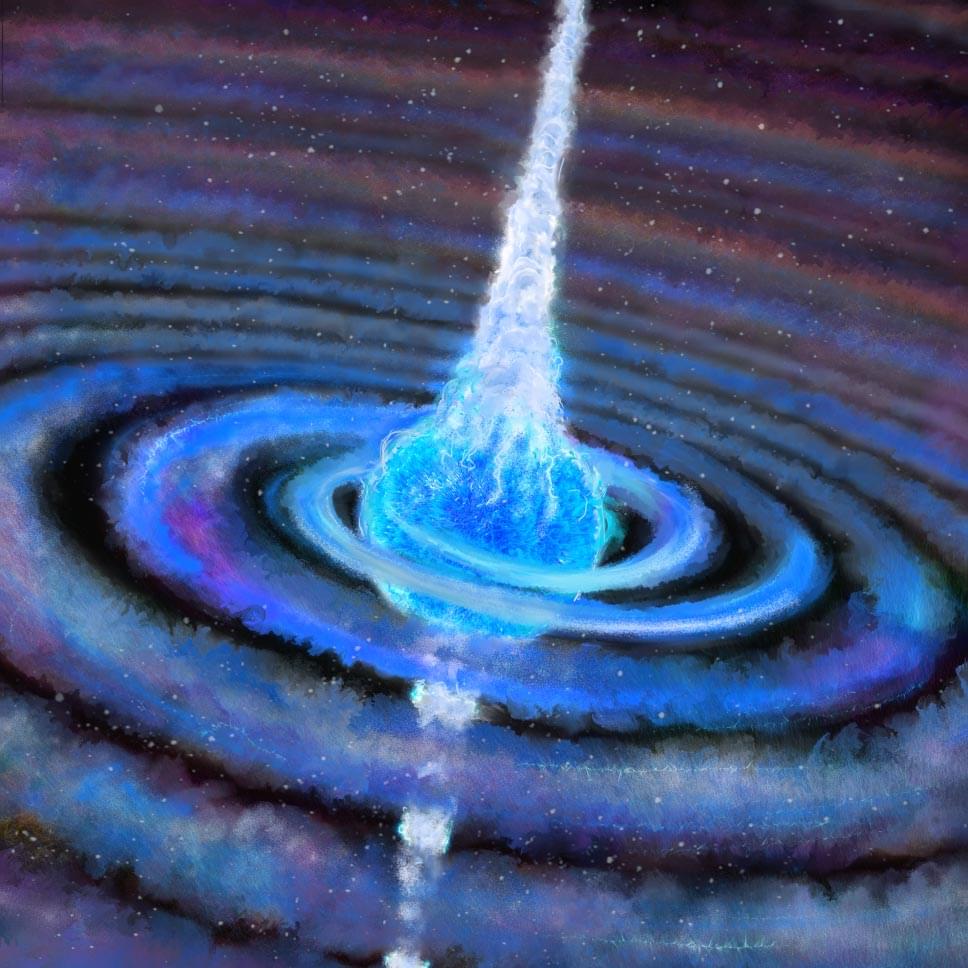
The first observation of a brand-new kind of supernova had been predicted by theorists but never before confirmed.
In 2,017 a particularly luminous and unusual source of radio waves was discovered in data taken by the Very Large Array (VLA) Sky Survey, a project that scans the night sky in radio wavelengths. Now, led by Caltech graduate student Dillon Dong (MS ’18), a team of astronomers has established that the bright radio flare was caused by a black hole or neutron star crashing into its companion star in a never-before-seen process.
“Massive stars usually explode as supernovae when they run out of nuclear fuel,” says Gregg Hallinan, professor of astronomy at Caltech. “But in this case, an invading black hole or neutron star has prematurely triggered its companion star to explode.” This is the first time a merger-triggered supernova has ever been confirmed.
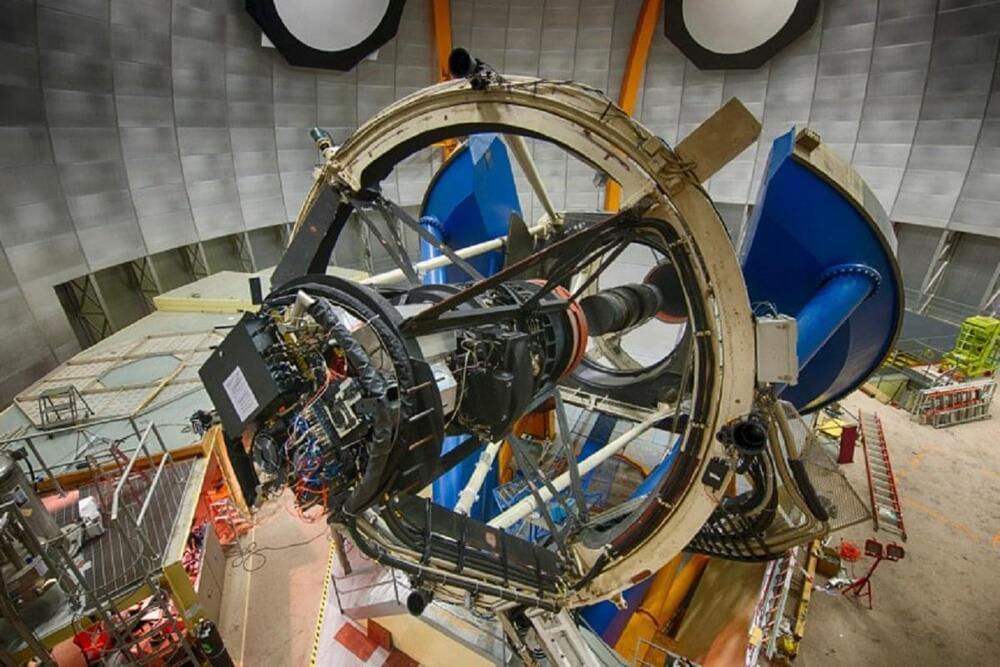
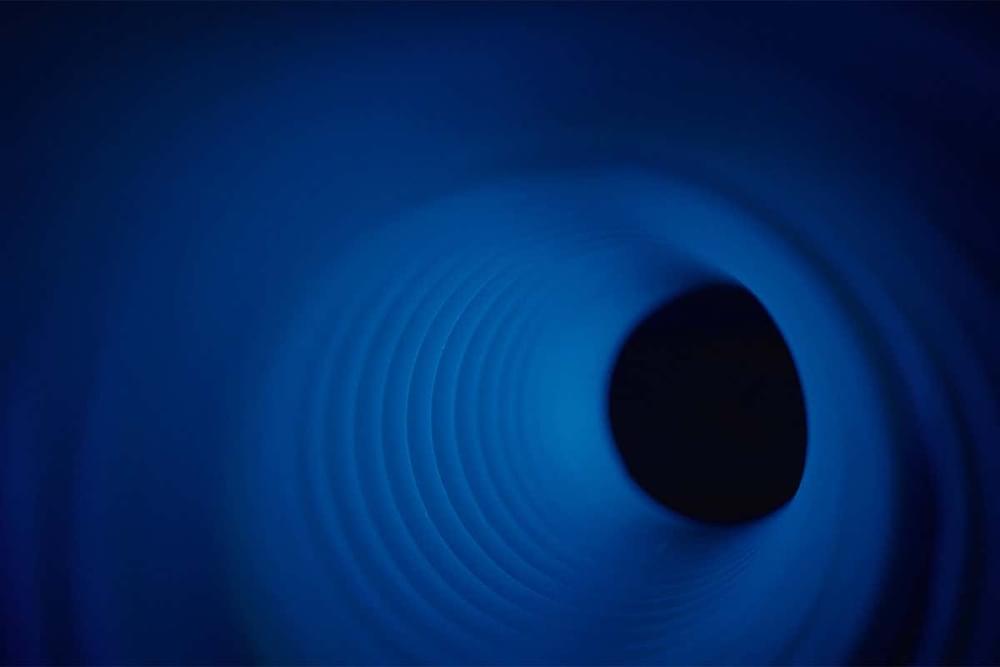
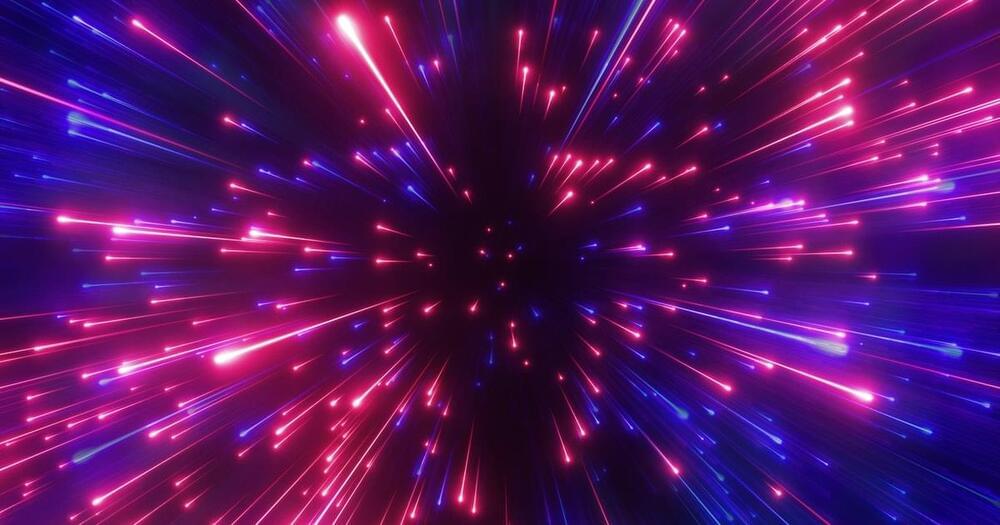
High-energy cosmic rays have proven elusive… but we may have found their source.
Thanks to new research led by the University of Nagoya, scientists have quantified the number of cosmic rays produced in a supernova remnant for the first time. This research has helped resolve a 100-year mystery and is a major step towards determining precisely where cosmic rays come from.
While scientists theorize that cosmic rays originate from many sources — our Sun, supernovae, gamma-ray bursts (GRBs), and active galactic nuclei (sometimes called quasars) — their exact origin has been a mystery since they were first discovered in 1912. Similarly, astronomers have theorized that supernova remnants (the after-effects of supernova explosions) are responsible for accelerating them to nearly the speed of light.
As they travel through our galaxy, cosmic rays play a role in the chemical evolution of the interstellar medium (ISM). As such, understanding their origin is critical to understanding how galaxies evolve.
Get your SPECIAL OFFER for MagellanTV here: https://try.magellantv.com/sabinehossenfelder. It’s an exclusive offer for our viewers! Start your free trial today. MagellanTV is a new kind of streaming service run by filmmakers with 3,000+ documentaries! Check out our personal recommendation and MagellanTV’s exclusive playlists: https://www.magellantv.com/genres/science-tech.
This video’s topic is close to my own research, cosmology. The current standard model of cosmology rests on the “cosmological principle” — the idea that the universe looks, on the average, the same everywhere. Alas, it doesn’t look good for the cosmological principle. Just what does the evidence say and, if it holds up, what does this mean? At the end of this video, you’ll know.
0:00 Intro.
0:43 Sponsor Message.
1:41 The Cosmological Principle.
5:58 Trouble for the Cosmological Principle.
10:20 What does it mean?
#physics #cosmology #astrophysics
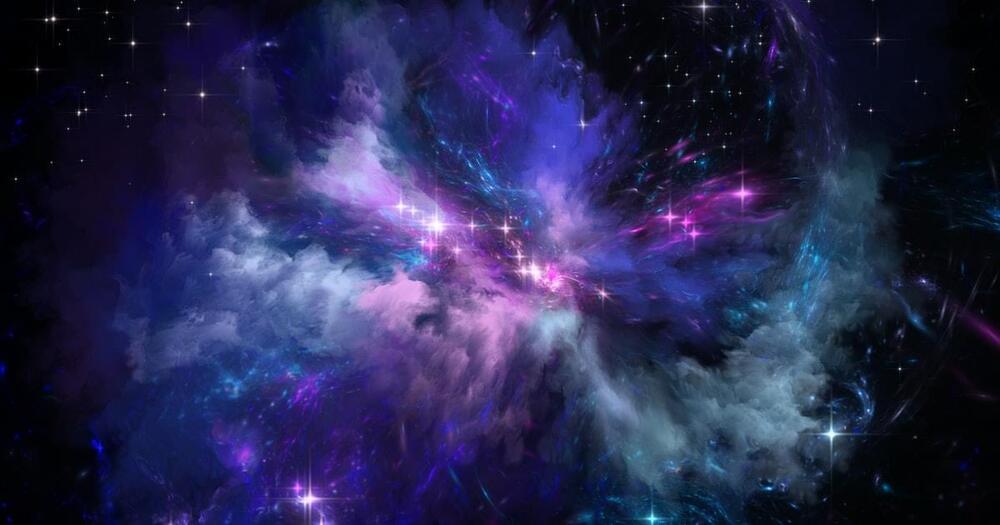

Cats have many superior genetic mutations like night vision even immunity to the current pandemic. If we can find the key to their immunity we could find a way to have near super human immunity.
“Getting a better understanding of the cat’s biology and genetic makeup will help us better understand the biology of humans, too,” says Leslie Lyons. (Credit: Lottie/Flickr)
The findings, published in Trends in Genetics, come after decades of genome DNA sequencing by Leslie Lyons, professor of comparative medicine in the University of Missouri College of Veterinary Medicine. Their cat genome assembly is nearly 100% complete.